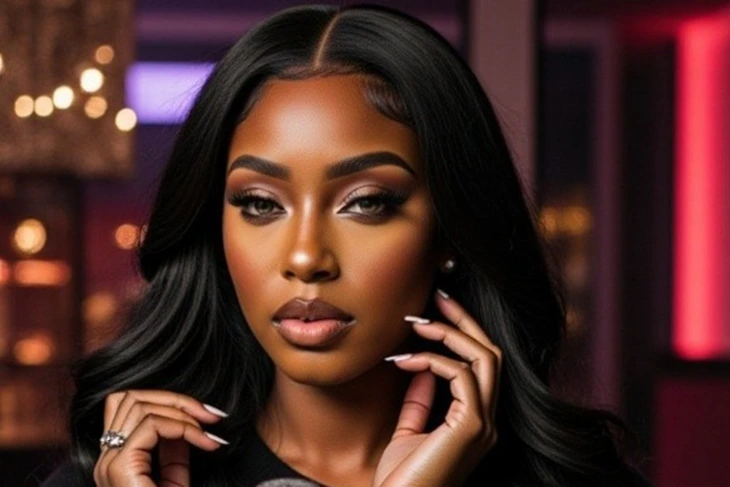
AI singer Xania Monet - Photo: Talisha Jones
From gospel and R&B to rock and country, these “artificial voices” are proving that AI-generated music has transcended the boundaries of imagination.
AI music invades the charts
One notable case is Xania Monet, an avatar created by Mississippi musician Telisha “Nikki” Jones using the Suno platform. Jones wrote most of the lyrics, while the Suno platform and other AI tools contributed to the melody, harmony, and vocals.
Monet has charted on multiple charts: Hot Gospel Songs (peaking at #3), Hot R&B Songs, R&B Digital Song Sales (once reaching #1), and even became the first AI artist to debut on a radio chart (Adult R&B Airplay).
Monet's music catalog has reached tens of millions of streams and helped the project receive many major contract offers.
Earlier this month, Billboard estimated that her five songs had grossed $52,000 in just over two months.
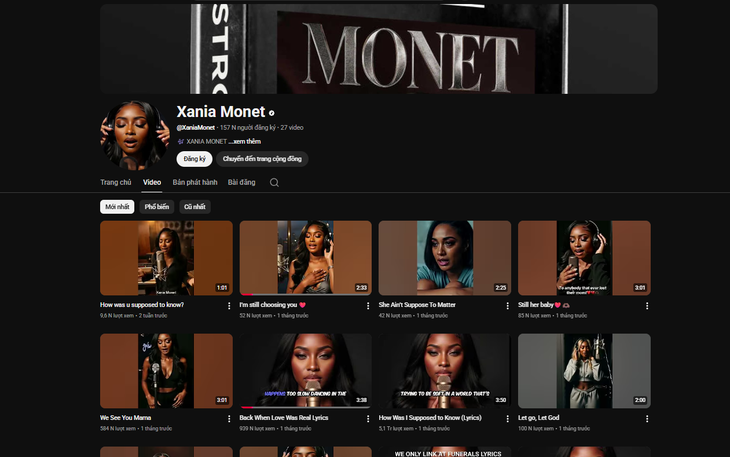
AI singer Xania Monet has her own YouTube channel, which was only established in July 2025 but has already garnered nearly 30 million total views - Photo: Screenshot
According to Billboard , there are also many other AI or AI-assisted projects that have appeared on the charts in recent weeks.
Examples include Unbound (rock), Enlly (blues), Juno (contemporary Christian) and Breaking Rust (country), with download and stream figures confirmed by Luminate (1,000 - 2,000 downloads for debut tracks, millions of streams overall).
It is worth noting that at least one AI artist debuted in every week of the time series covered.
Who tests AI?
It's getting harder and harder to tell AI music from human-made music, so Billboard says it uses a variety of methods to verify, including referencing the Deezer platform's AI detection tool.
Deezer develops recognition tools and begins labeling content identified as AI-generated.
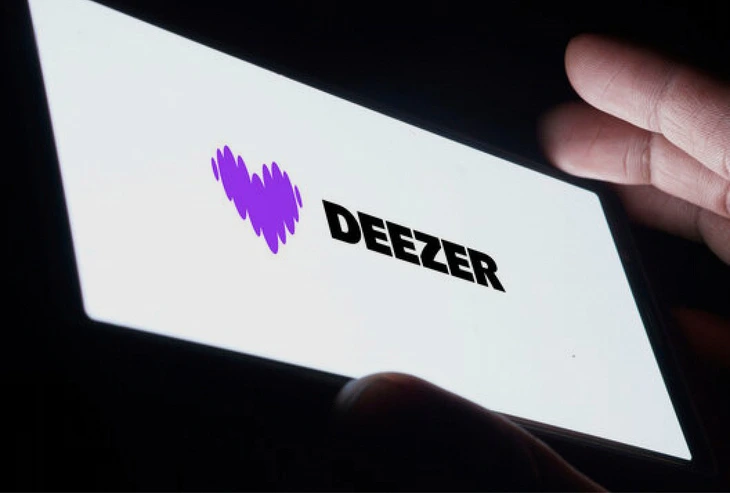
Deezer platform deploys advanced AI detection engine for music streaming - Photo: AP
At the same time, the platform has removed tracks considered "created entirely by AI" from its recommendation algorithms and editorial playlists to limit fraud and content overflow.
Deezer reports that the proportion of AI tracks in streams sent to the platform increased rapidly in 2025, from around 10% of tracks discovered at the start of the year, rising to higher levels in later reports.
The platform has described many cases of manipulated streams as fraudulent, forcing them to implement blocking measures to protect the rights of real artists.
Such tools are now seen as important reference sources for newspapers and fact-checking platforms in the face of a wave of AI-generated content.
The future of the music market?
The massive emergence of AI artists raises big questions: who gets royalties when songs are voiced and music-generated by AI models?
Is the level of transparency in artist descriptions on music streaming services (DSPs) enough to differentiate between “AI-driven” or “human-assisted” business strategies?

Billboard and experts both note that there is still no definitive answer and many legal issues from copyright to streaming fraud are heating up - Photo: AI Magazine
And more importantly, will AI inadvertently create a saturated music scene, pushing human artists to the margins, or open up new creative opportunities for artists and producers?
Still, there's no denying that AI music is already "on the charts" and is likely to continue to grow in presence if the trend of uploading and composing using AI tools isn't more tightly regulated.
With platforms like Deezer rolling out discovery tools and Billboard proactively vetting, the music industry is slowly establishing new rules of the game, but the process is likely to be contentious and will take time to balance the benefits of technology and human artists.
Source: https://tuoitre.vn/lan-song-am-nhac-ai-do-bo-bang-xep-hang-billboard-2025102911552585.htm




![[Photo] New-era Party members in the "Green Industrial Park"](https://vphoto.vietnam.vn/thumb/1200x675/vietnam/resource/IMAGE/2025/10/30/1761789456888_1-dsc-5556-jpg.webp)
![[Photo] Prime Minister Pham Minh Chinh chaired a meeting to evaluate the operation of the two-level local government model.](https://vphoto.vietnam.vn/thumb/1200x675/vietnam/resource/IMAGE/2025/10/29/1761751710674_dsc-7999-jpg.webp)
![[Photo] Fall Fair 2025 - An attractive experience](https://vphoto.vietnam.vn/thumb/1200x675/vietnam/resource/IMAGE/2025/10/30/1761791564603_1761738410688-jpg.webp)



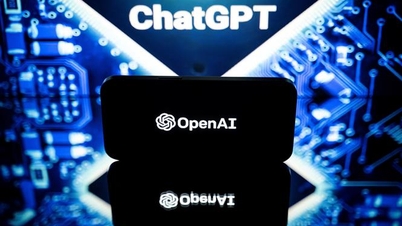


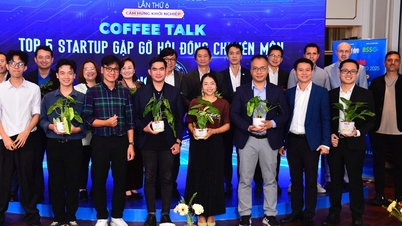
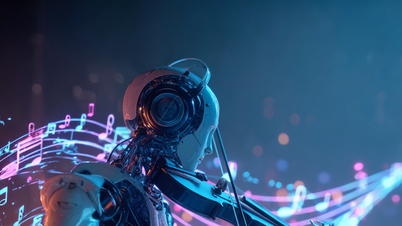

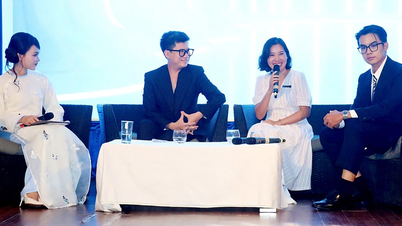


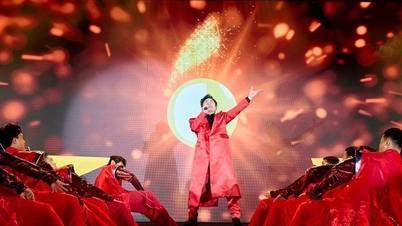

























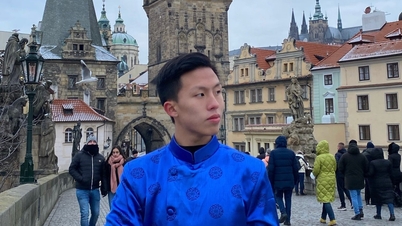









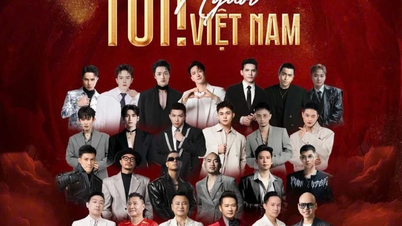




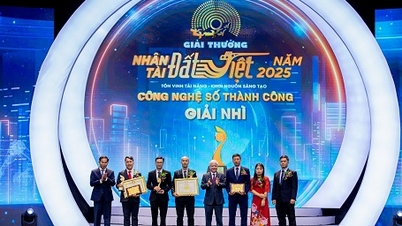










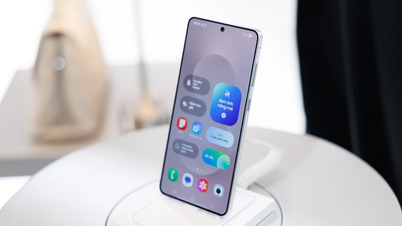

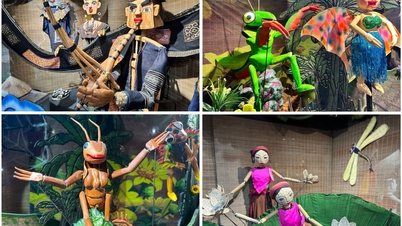




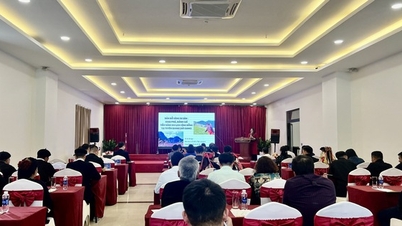




























Comment (0)